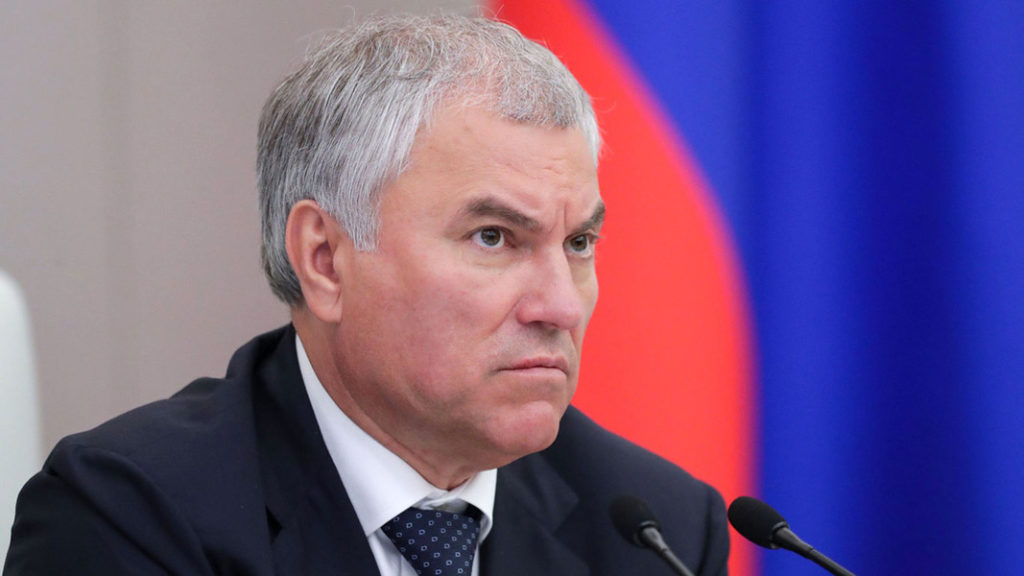Senior Russian legislators will consider revoking the ratification of a global nuclear test ban treaty after President Vladimir Putin suggested resuming nuclear weapons tests, the parliament’s speaker said Friday, informs MT.
Putin said Thursday it was “theoretically possible” to de-ratify the Comprehensive Nuclear-Test-Ban Treaty (CTBT) since the United States had signed but not ratified it.
Vyacheslav Volodin, the speaker of Russia’s lower-house State Duma, said he and his fellow deputies will discuss Russia’s exit from CTBT “at the next meeting,” which is scheduled for Oct. 9, according to RIA Novosti.
“The situation in the world has changed. Washington and Brussels have unleashed a war against our country. Today’s challenges require new solutions,” Volodin wrote on the messaging app Telegram.
The CTBT, which was adopted by the UN General Assembly in September 1996, has been signed by 183 states and ratified by 178.
Among the holdouts that keep CTBT from entering force are the U.S., China, India, Pakistan, North Korea and Israel, as well as Egypt and Iran, both of which have not yet developed nuclear weapons themselves.
Putin said at the Valdai Discussion Club on Thursday that revoking Russia’s ratification of CTBT would “mirror our relations with the United States.”
On Friday, the Kremlin denied that it intends to carry out nuclear weapons tests if it moves ahead with de-ratification.
“The president was primarily referring to the need to bring the de facto situation to a common denominator [with the U.S.],” spokesman Dmitry Peskov said Friday.
“It doesn’t mean a declaration of intent to conduct nuclear tests,” he told reporters.
The U.S. in recent years withdrew from two other key arms control treaties with Russia amid deteriorating relations and fears of a renewed arms race between the two nuclear powers.
Putin said Russia had successfully tested the nuclear-capable weapons he had promoted since his March 2018 re-election speech.
“We just need to finalize some purely administrative and bureaucratic procedures to move to mass production and put them on combat duty,” he said.

